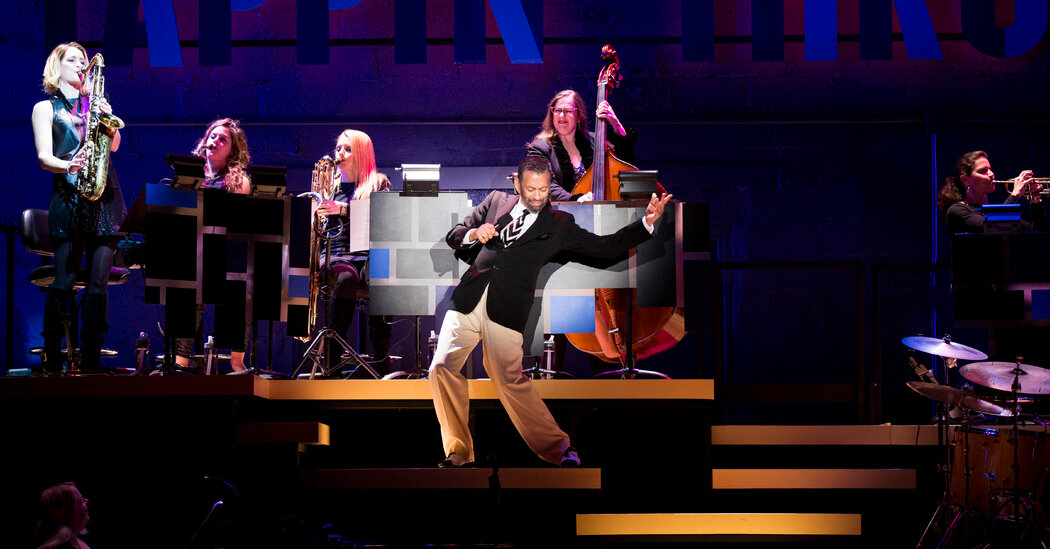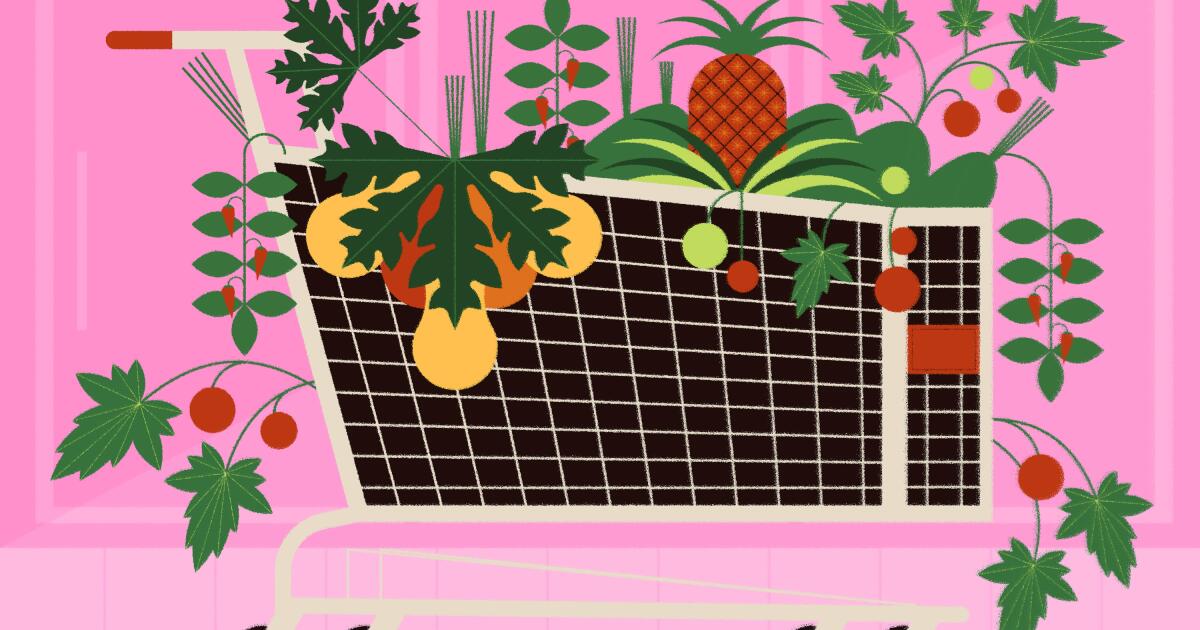Truly support
independent journalism
Our mission is to provide unbiased, fact-based reporting that holds the powerful to account and exposes the truth.
Whether it's $5 or $50, every contribution counts.
Support us in offering journalism without agenda.
YoIf you fancy the chance of getting your hands on one of Chatsworth Bakehouse’s famous loaves over the weekend, you can expect to find yourself in a queue for up to two hours. “Some bus drivers have stopped outside, gone in and bought a loaf and then left,” Sian Evans, co-owner of the Crystal Palace-based shop, tells me. “The queue allows the bus driver to quickly park the bus and buy a loaf. And we’re on a main road. It’s crazy.” You could pin your hopes on ordering a sandwich in advance, but they typically sell out within three minutes each week. But how did food get to this point?
In the age of TikTok, virality can skyrocket a business's popularity overnight, generating a buzz sometimes without much logic. Take Binley Mega Chippy, a modest chip shop in Coventry that, unbeknownst to staff, went viral on TikTok because of a catchy song composed by a local. Or there's Urban Tandoor, an Indian restaurant based in Bristol that has inspired silly music video parodies that have so far racked up 8.5 million likes and caught the attention of many. The New York Times.
But is the fame and fortune that comes with virality all it’s cracked up to be? Dan Martensen found his New York-inspired, Primrose Hill-based restaurant It’s Bagels becoming the focus of TikTok almost immediately after opening in September 2023, when an influencer reposted his video. “From the outside, everything looked fine, but it wasn’t so great on the inside,” he tells me. “We were running out of eggs and bacon. I found myself working at odd hours of the day and night, buying as many eggs as I could fit in my car from Waitrose at 10pm, begging them to let me in before they closed their doors. We had some employees who definitely looked forward to working in a quiet little cafe in Primrose Hill – when they realised they were going to be on their feet for eight to ten hours a day working to serve queues of 200 people, they either complained or quit.”
The stress of all that attention quickly took its toll on Martensen’s health. “For the first month or so, I was sleeping four hours a night. I looked at my wife and thought, ‘Why do I feel like I’m going to die?’” he jokes. “It was the amount of pressure I put on myself, more than anything else.”
Social media buzz has the power to generate increased sales for a business like Martensen’s, but it will also open him up to criticism. “You cause a little stir and suddenly everyone has an opinion that they’re more than happy to give you,” he says. There are also the neighbors to consider, who “don’t like lines and don’t like the smell of bagels.” Did Martensen ever foresee such a whirlwind opening? “It was way more than I expected, honestly. I never thought in a million years it would happen.” [be] “That way. I was worried that we had ordered too many cups of coffee.”
Things are much better at It's Bagels now, though you can still expect daily queues snaking along the street. Looking back on the moment his business went viral, Martensen admits he wishes it had gone differently. “I would have preferred that we didn't go viral for at least six months. I wish we had figured that out.” [first].”
It's one thing to be an Instagram sensation, and quite another to be successful in the years that follow. You have to keep feeding it and investing in it emotionally and financially, otherwise it will die.
Hannah Norris, Nourish
Evans, who runs Chatsworth Bakehouse with partner Tom Mathews, shares a similar story of social media-fuelled chaos a year on from opening in 2021. “Saturday was a completely different ball game. It was out of control. I used to play in a band and it seemed like every Saturday we were getting ready for a gig. It was so stressful.” Evans has since hired someone to manage the queue and keep baking lovers’ appetites satisfied. “They tell everyone what’s going on, what’s selling and what’s not, and give them samples. It’s really helped us.”
To cope with the crowds, Chatsworth Bakehouse has acquired a new shop, located a few doors away, which will open this month. But Evans is not hoping for it to go viral this time. “I'm actually not intentionally hoping for it to go viral again. I think people are a bit nervous about viral businesses.”
The internet hype and dangers of massive queues have been a contentious topic in the restaurant industry for the past 10 years, whether it be the infamous Padella queue in Borough Market or the hour-long wait for a coveted table at any branch of Dishoom. But interestingly for Evans, it is the locals who love the queues: “Someone said to me recently, ‘I really hope that when you open the other shop, you don’t get rid of the queue, because I speak to people every week. ’” Evans has even seen customers bring folding chairs sometimes an hour and a half before his shop opens at 11am on a Saturday, reading his book and chatting to people to pass the time. “It reminds me of waiting for theatre tickets or something.”

While Evans and Martensen had no intention of going viral, hundreds of companies are clamoring for such widespread and rapid attention, hiring marketing agencies in the hopes of becoming the next Internet phenomenon. And why wouldn't they? If a company's goal is to make money, and going viral can promise that, wouldn't everyone like the chance to break the Internet?
But Hannah Norris, founder of restaurant PR agency Nourish, argues that maintaining momentum after the publicity is often the hardest part. [a customer] “If you have the table, you have to make it a brilliant experience or they won’t come back and then you’ve lost all that earning potential,” he says. “It’s one thing to be an Instagram sensation, it’s another thing to be successful for years to come. One thing is a one-night stand. Another thing is marriage.” The latter, he says, requires commitment: “You have to keep nurturing it and investing in it emotionally and financially, otherwise it will die.”
This is the approach that Jack and Beyond has taken. The Battersea-based bakery experienced viral fame first-hand in June last year, after competitive eater and YouTuber BeardMeetsFood visited the shop to try out its bottomless cake experience. But rather than relying on one video (it currently has 9.6 million views) to keep the buzz going, the bakery continually offers free experiences to other nano-influencers. “The last time we had an influencer here, [their] The video got 140,000 views, so [we saw] A pretty good peak. All these frequent visits keep us busy.”
Mark Smith, director of food and drink social media marketing agency Double Up Social, works with brands to help engineer viral moments. “Often people say to us, ‘Can you help us go viral?’ and sometimes that can be a red flag because people expect to go viral overnight,” he says. “Yes, some do, but it’s through a lot of trial and error – the first product is very likely not to go viral.” Smith adds that it’s not as simple as posting a trending video and waiting for the views to pile up. “There’s also a lot of luck involved. There are only so many ways to trick the algorithm using trending audio, but the offering needs to be unique or creative in some way.”

Isabel Burke, PR and marketing director at Liverpool-based Nineteen Agency, urges her clients not to get carried away by social trends. “Social media users are more savvy now and understand that they are constantly being sold to,” she says. “They don’t want that kind of desperation for virality. If you do something, you might get a few views and comments for a couple of weeks, but does that necessarily translate into sales?”
Martensen, who jokes that TikTok has become “the new Michelin star rating system,” questions the whole initiative. “As much as you have to use the internet to drive sales in a positive way, the real challenge is the product, the people you serve and the people who work in the store. Without those ingredients you have nothing, you just have advertising.”
He believes that social media can only help his business to a certain extent. “As we grow with social media, we are starting to see a difference between hype and substance, and it is important to focus on the substance. I would rather have a great bagel shop that few people know about than a popular, poor quality bagel shop.”
Evans, who admitted to visiting places in the past driven by their popularity, is now completely dodging the latest social media sensation of the moment. “I'd rather shop somewhere [after someone] “He’s like, ‘That was totally crazy, I loved it,’” she says, “rather than, ‘I saw this thing online, I went there, and now it’s collapsed because it tastes like crap and people were so rude to me. ’”












